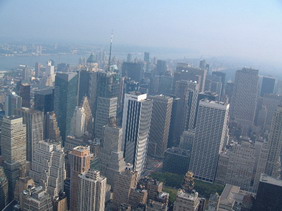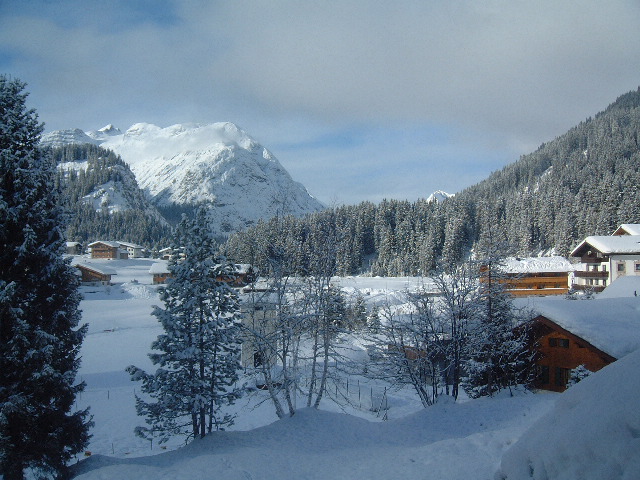General Practice works
“We’re off to see the Wild West show…” you know the song, “… the elephant and the kangaroo...” it goes on to exhibit the F’Kawe tribe who live on the grasslands of Africa. They are very short and the grass is very long, so you see their heads appear as they jump up and down shouting “We’re the F’Kawe”. I know how they feel. The grass is getting longer around us in General Practice. You’re not alone if you feel totally lost. It’s tempting to disappear back into the practice and wait until the grass is cut. Trouble is that no one is cutting the grass and we’re running out of energy to carry on jumping up and down. In a rush to balance the NHS books, there is a danger that General Practice will be lost forever.
A few words here cannot be truly representative nor comprehensive. I briefly attempt to draw a map of the GP journey so far in the hope that we will not be steered off course in the future.
Medicine is practised in a context of the society it serves and has always found a way of adapting to social changes. The Foundation of the RCP in 1518 is a good example as was the need for a College for General Practitioners in the 1950s.
Medicine is also practiced in a system, ours is the NHS. An understanding of the relationship between GPs and the NHS may help explain some of our current difficulties.
The National Insurance Act of 1911 allowed working men to be on the “panel” of a doctor and receive free medical care. Those doctors who listed patients under the Act were the first recognisable GPs, they established themselves in towns and villages and became the gatekeepers of referral to specialists.
GPs owe their existence to the 1948 NHS Act which extended the panel to the entire population. The NHS owes its survival to GPs who have kept the costs down by providing well trained, comprehensive and cheap health care close to home. The long term relationship between a GP and the patient is the bedrock of medical practice in the UK. GPs are independently minded, we refused to be “employed” in 1948 and we run our businesses on a self employed basis. Our entrepreneurial independence has allowed us to adapt, a look at the GP computer systems compared to those of our hospital colleagues is a good example.
95% of NHS consultations occur in General Practice, but we are much more than a mass service for trivial medical problems. The General Practitioner has a unique understanding of the patient as a person, in a family and a community. Our long term relationship provides trust where there is clinical uncertainty with the passage of time as a diagnostic tool. General Practice operates at levels beyond individual patient care. As a business it provides social capital to the community it serves. General Practitioners have always advised their local NHS on service developments and taken an interest in the direction of the NHS nationally.
General Practice works as a diverse self critical system evolving through clinical excellence and altruistic social awareness. Over the past few years the NHS has been stifled into a managed mediocrity, at the front line we are struggling to cope.
Given the freedom, we have the tools to deal with the chronic disease management of an ageing population, we have the ability to adapt to pharmacological advances, we have the experience to manage the better informed “consumer” of our care, we have the desire to improve our knowledge and practice through appraisal and revalidation. I believe that GPs can cope with the demands of our patients and of society. It is the demands of the system that distract us.
The Quality and Outcomes Framework (QOF) has impersonalised chronic disease management into a tick box process that could be “sold” to non GP providers. The current DoH consultation around urgent care does not recognise the day time urgent care role of a GP. This thinking questions the value of General Practice. Increasing managerial intrusion into clinical practice creates an impression of a lack of trust in the abilities of GPs by their PCT.
Whilst apparently trying to undermine General Practice, confusion arises as we are being asked save the NHS through Practice Based Commissioning and care closer to home, with neither time nor resources to do either. The worsening financial crisis implies that all initiatives are financially driven. The merger of PCT’s has created organisational chaos when clear policy interpretation and leadership is most needed.
NHS Direct, walk in centres and Community Matrons, are an expensive range of new models of access for basic medical care. These ventures have not cut hospital admissions nor costs. The NHS is failing to serve some of our most deprived communities; it is no coincidence that traditional General Practice no longer exists in those communities, illustrating the symbiotic relationship between the NHS and General Practice.
If we are living through a managed redefinition of comprehensive General Practice, the unintended consequence could be the destabilisation of the NHS. Amongst the current policy and organisational chaos, GPs know where we are. Through our professional values, we have to demonstrate that General Practice works.
Thursday, December 21, 2006
Subscribe to:
Post Comments (Atom)



No comments:
Post a Comment